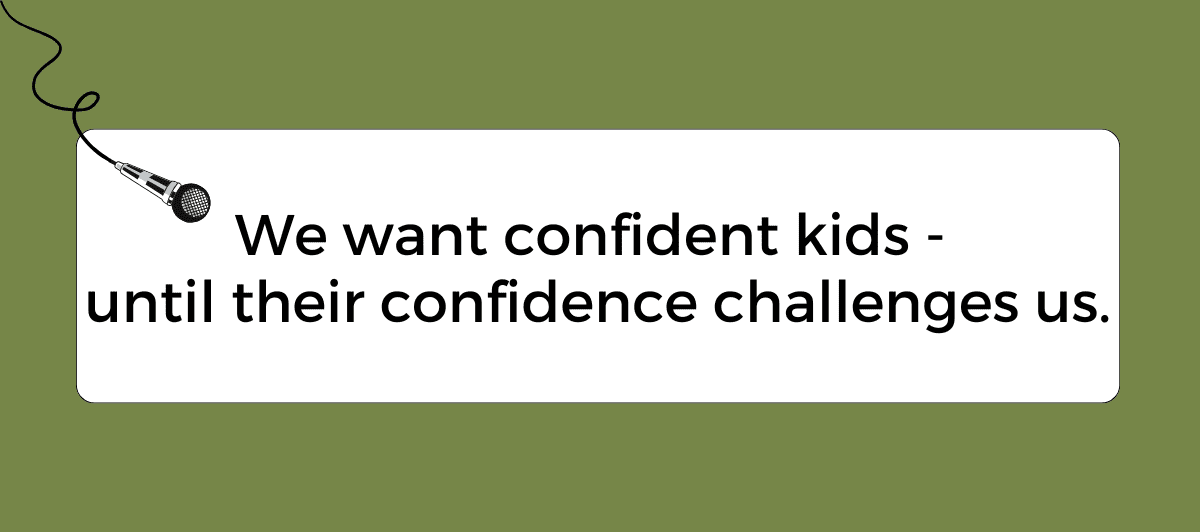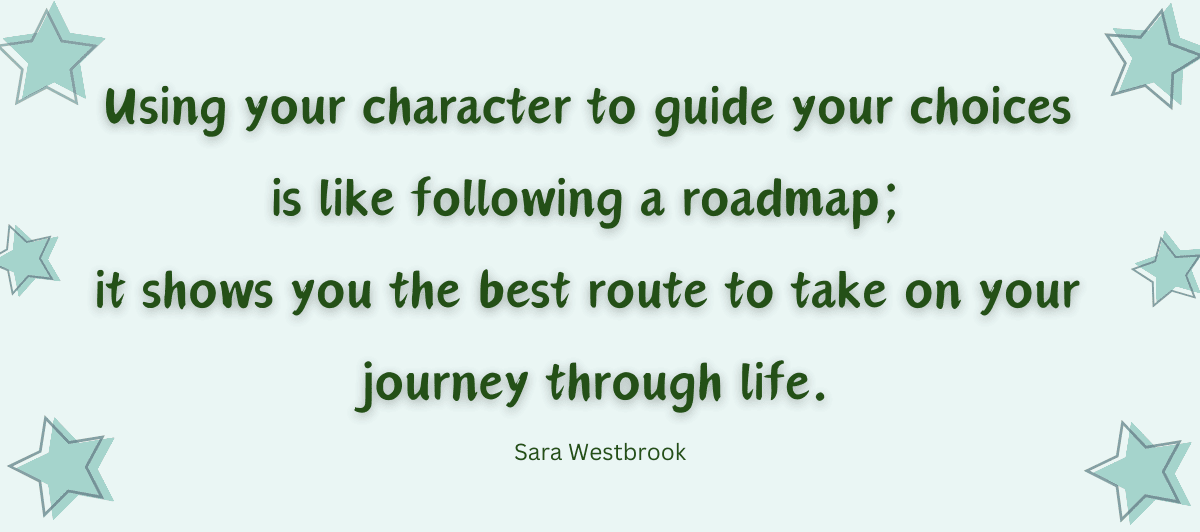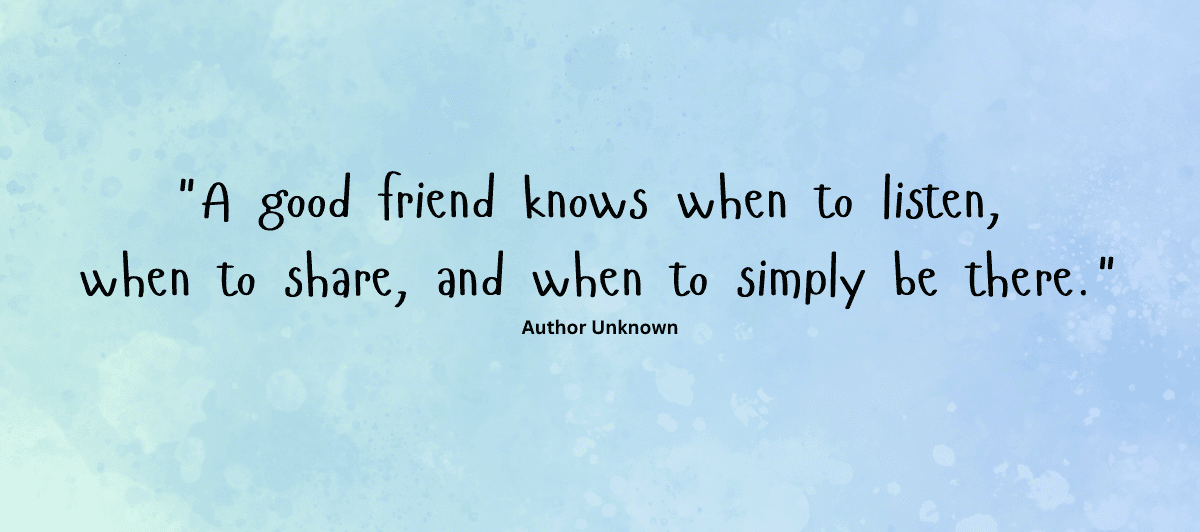
‘It wasn’t me – it was them.’
We’ve all heard those words.
Taking responsibility isn’t always easy for kids. It can stir up uncomfortable emotions — shame, frustration, embarrassment, sadness, and sometimes even pride.
It’s much easier for kids to point the finger somewhere else.
Here’s the truth: When kids take responsibility, they also take back their power — the power to grow, to shift, and to become their best selves.
It’s about owning what they can control — their choices. That’s where change happens. That’s where confidence is built.
Here’s something I use with my son when he says, “It wasn’t me.” I pause and calmly ask, “What emotion is making it hard to accept responsibility?”
Here’s the bigger picture: when kids take responsibility for their feelings and choices, they stop being victims of their circumstances. They become the authors of their own story — a story where accountability builds character, confidence, and self-respect.
This is what I know: Yes, it’s a process. And yes, it will take time. But every step toward ownership is a step toward confidence, resilience, and understanding themselves a little better.
Until next time…








